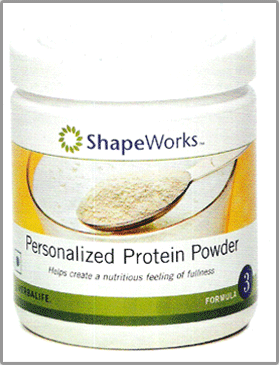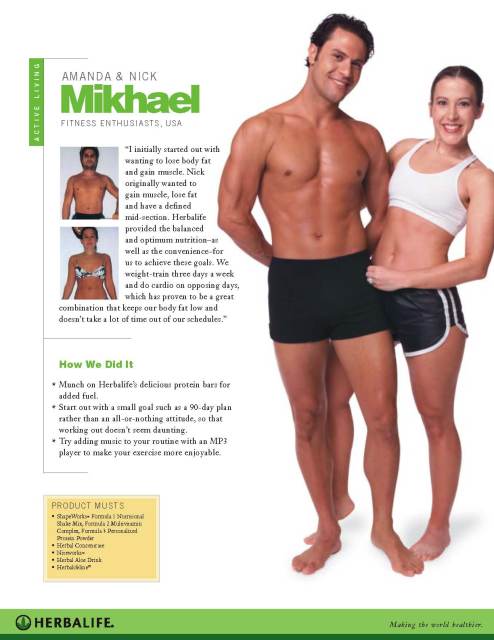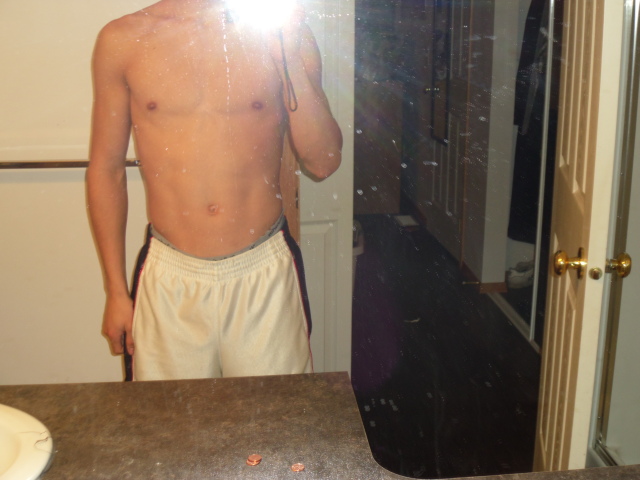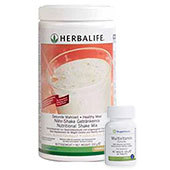Good meal to eat before a sport
Question
What's a good meal to eat before you play a game? (e.g. basketball, soccer, etc.)
Hello K!
This is probably the question I have been asked most often by athletes. Although an important consideration, I usually encourage athletes to look not only at what they are eating before exercise but what they eat afterwards, to promote recovery and what they eat all the time to support their training.
In most sports, what is consumed immediately before exercise is not going to be a major source of energy for the exercise session. More important goals for the pre-exercise meal are preventing hunger before and during the event, topping up muscle (a little) and liver (mostly) glycogen or energy stores, ensuring an adequate blood sugar level, supplying food that is quickly and easily digested and maximizing fluid levels, especially if dehydration risk is high during exercise.
Pre-exercise meals should have a high carbohydrate content. Roughly 65 to 70 percent of the calories in the meal should come from carbohydrate foods like vegetables, fruit, bread, cereals, rice or other grain products. The meal should contain a small amount of protein (no more than 15 percent of calories) and little or no fat. Fat takes longer to digest and uses more energy in the process. If time is of the essence, pre-exercise meals should also be reasonably low in fibre so they can be digested more readily.
If high-sugar foods are to be consumes, they should either be eaten within about five to ten minutes of the exercise session or forty-five minutes or longer before. Otherwise an undesirable rise in insulin levels followed by a drop in blood sugar and energy can occur.
Eating something familiar is a critical issue before an important competition. This is not the time to experiment with a new energy bar or spicy bean burritos if these are not items you normally eat and are used to digesting.
The most important issue in pre-exercise eating is how much time you have between your meal and the start of your exercise session. It takes about three to four hours for a large meal (about 1,000-1,500 calories) to be digested. This is why a hockey player would eat his or her dinner by about 4 p.m. for a 7 p.m. game start. A smaller meal like lunch, about 600 calories, takes about two to three hours to be digested and turned into energy. One hour is adequate for a liquid meal or snack under about 300 calories. The hockey player mentioned above may choose to have a snack at about 6 p.m. to top up energy.
I?ve given you some examples of pre-exercise meals broken down by time frame. If you have one hour or less:
A shake made of soft tofu, fruit and juice
A shake made of yogurt, fruit and juice
Yogurt and a bagel or piece of bread
Fruit or juice
An energy bar
Small piece of vegetable-based pizza
If you have two to three hours or more:
Cereal, milk and a piece of fruit
Pasta, vegetables and a lean meat sauce
Vegetables, rice and fish or chicken
A turkey and vegetable sandwich
Vegetable-bean soup, crackers and milk
If one of the goals of your exercise program is to maximize fat loss, aim to allow at least one hour between eating and the start of your exercise session. If you are working out first thing in the morning and can?t eat a whole meal, have a small snack like a piece of fruit, yogurt or juice and eat your breakfast meal after the session.
The Bottom Line
Almost more important than what you eat before exercising is how much time you have. Experiment with different foods and the timing of eating before exercise to determine what works best for you.
For more answers to your nutrition questions check out "Ask the Nutritionists" by George Rapitis at www.authorhouse.com or your favorite bookstore.
-George Rapitis, Bsc. Nutritionist
www.juiceblend.com
- Prev:Messed up Metabolism?
- Next:no subject
Related Articles
-
mental food issues
QuestionWell, i dont think i like peanut butter! is there any way
-
weigh loss
QuestionI almost drink vinegar apple cider daily a te
-
blood pressure food
Questioncan you tell me if it is good to eat chillies and hot pep
-
drinking cold water after a meal is bad?
Questionmy dad recently told me that drinking cold water (normal
-
Soy benefits and disadventages
QuestionTanya I have eliminated red meat and dairy from my diet a
-
Is it true that consuming...
QuestionIs it true that consuming dairy products on a daily basis




